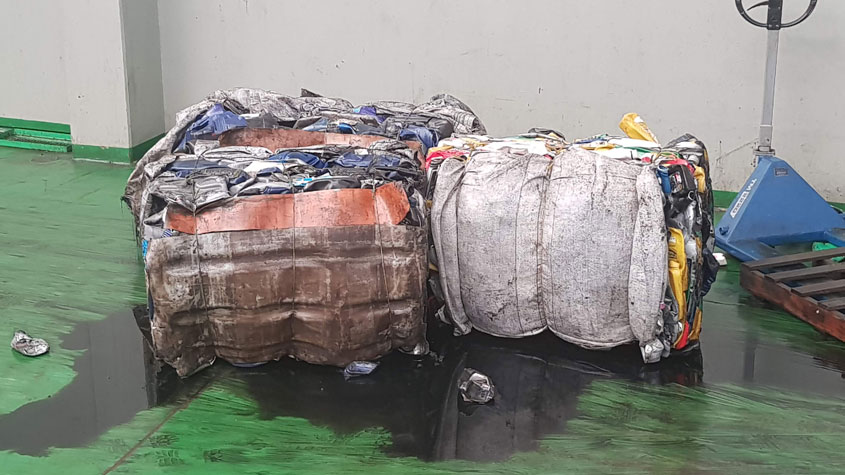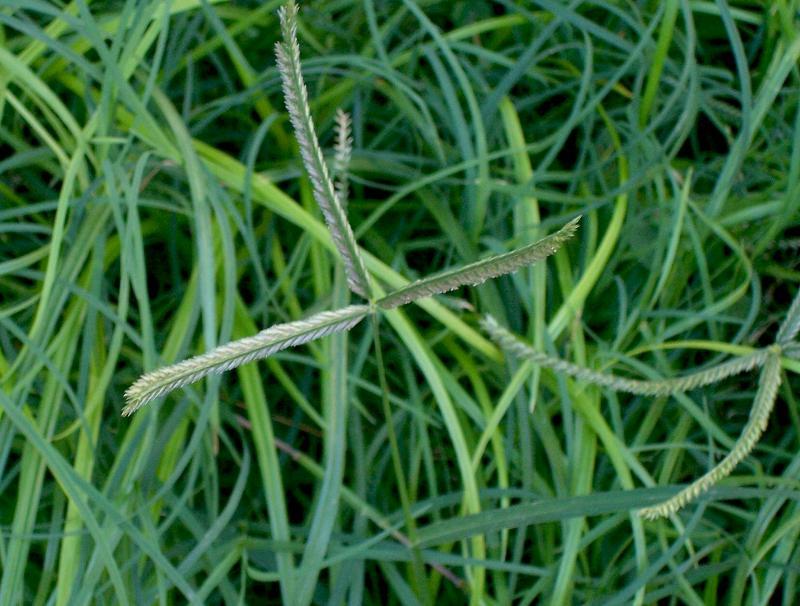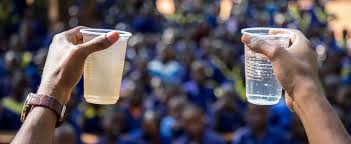
WIPO Magazine
By Monica Miglio Pedrosa, freelance writer
In 2020, global demand for lubricants rose to 37 million metric tons, according to Statista. Lubricants play a key role in optimizing the efficiency and safety of machinery. However, the disposal of the plastic containers in which lubricants are delivered to customers is a major environmental threat and their decontamination is a longstanding industrial conundrum.
It takes just 1 liter of lubricant to contaminate up to 1 million liters of water. In Brazil alone, 1 billion plastic containers of lubricating oil are discarded every year. When drained, some 2 million liters of lubricant remain in these containers and are dumped in the environment. Currently, only 9 percent of containers are recycled. Traditional recycling methods require heavy use of water and fail to remove all the residual lubricant, meaning the containers are a low-quality material for recycling.
Recognizing the scale of the problem and its far-reaching environmental impact, the Brazilian company Eco Panplas has developed an award-winning, clean, safe and sustainable solution that is 30 percent cheaper than traditional recycling methods. The company is planning to open five new sites across Brazil to recycle up to 24,000 metric tons of packaging every year. Eco Panplas’s CEO, Felipe Cardoso, discusses his entrepreneurial journey, the importance of patents to the company and future plans to expand into international markets.
How did you get into the recycling business?
Before studying Business Administration and becoming an entrepreneur, I worked in the corporate sector, where I headed up a marketing team. But I always wanted my own business in an area that could benefit society. I saw plastic recycling as an interesting value proposition and initially founded a company called EcoPan in 2011.
Did that work out?
Unfortunately, no. We were recycling post-industrial waste, but for cost-saving purposes most companies now reclaim and recycle the waste they produce in-house. But that experience set the foundations for Eco Panplas, which I set up with my co-founders in 2014.
After EcoPan folded, I visited well over 300 companies and saw an opportunity; no recycling company could address the problem of decontaminating containers used for lubricating oil. I looked into the problem and found that, in Brazil and elsewhere, the recycling process is always the same ─ water is used to remove the contaminating material with a negative impact in terms of wasting water and contaminating landfill sites and the environment.
How did you come to establish Eco Panplas?
By chance, I met a local entrepreneur who introduced me to a project that his partner who was a chemical engineer and had been developing for two years already. At first, they wanted to sell me the project, but my partner and I invited them to enter into a partnership with us and to apply for a patent. They agreed and the four of us now make up the Eco Panplas team; two on marketing and management, one mechanical engineer, and one chemical and environmental engineer.
How long did it take to develop the technology?
It took us three years to reach technical, financial and environmental feasibility. We then spent another three years validating our technology on the market.
In 2014, we filed our patent application with the Brazilian National Intellectual Property Institute (INPI), through their Green Patents Program. That was crucial for the credibility of our offer, both in Brazil and abroad.
Full article at https://www.wipo.int/wipo_magazine_digital/en/2023/article_0038.html
Tarikh Input: 28/12/2023 | Kemaskini: 08/01/2024 | asrizam
PERKONGSIAN MEDIA

























